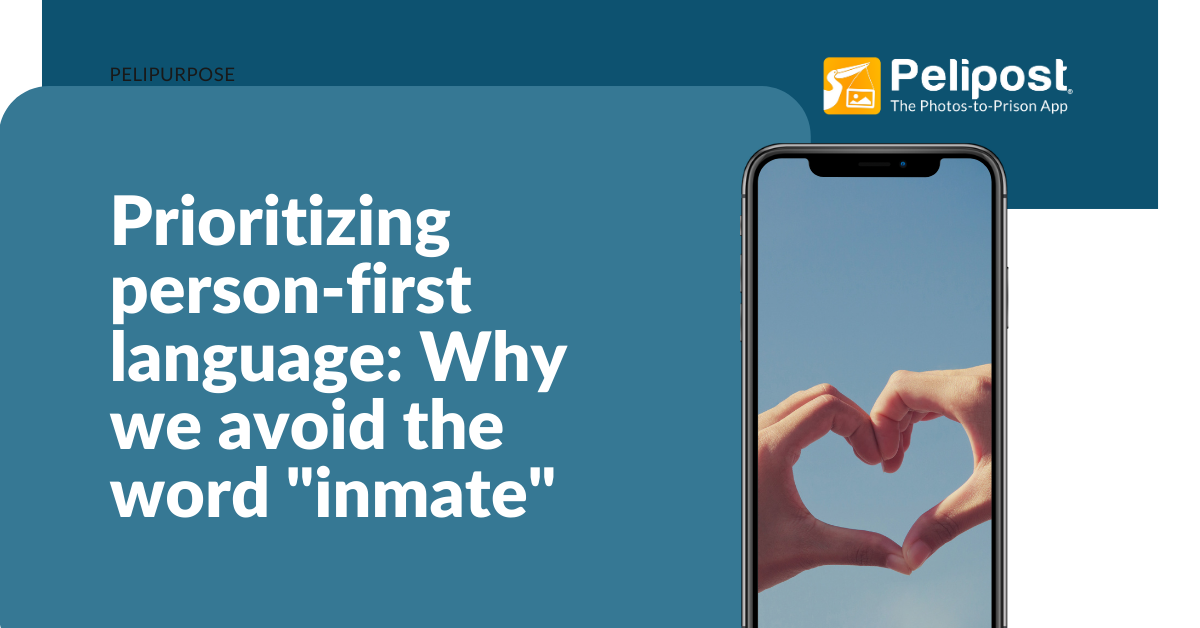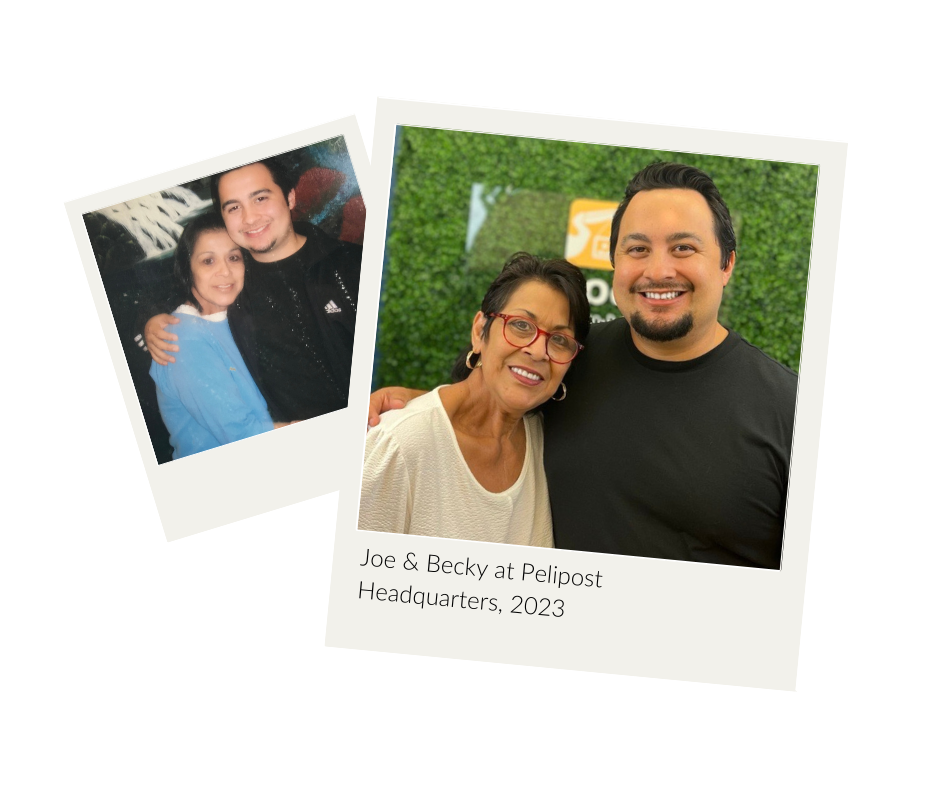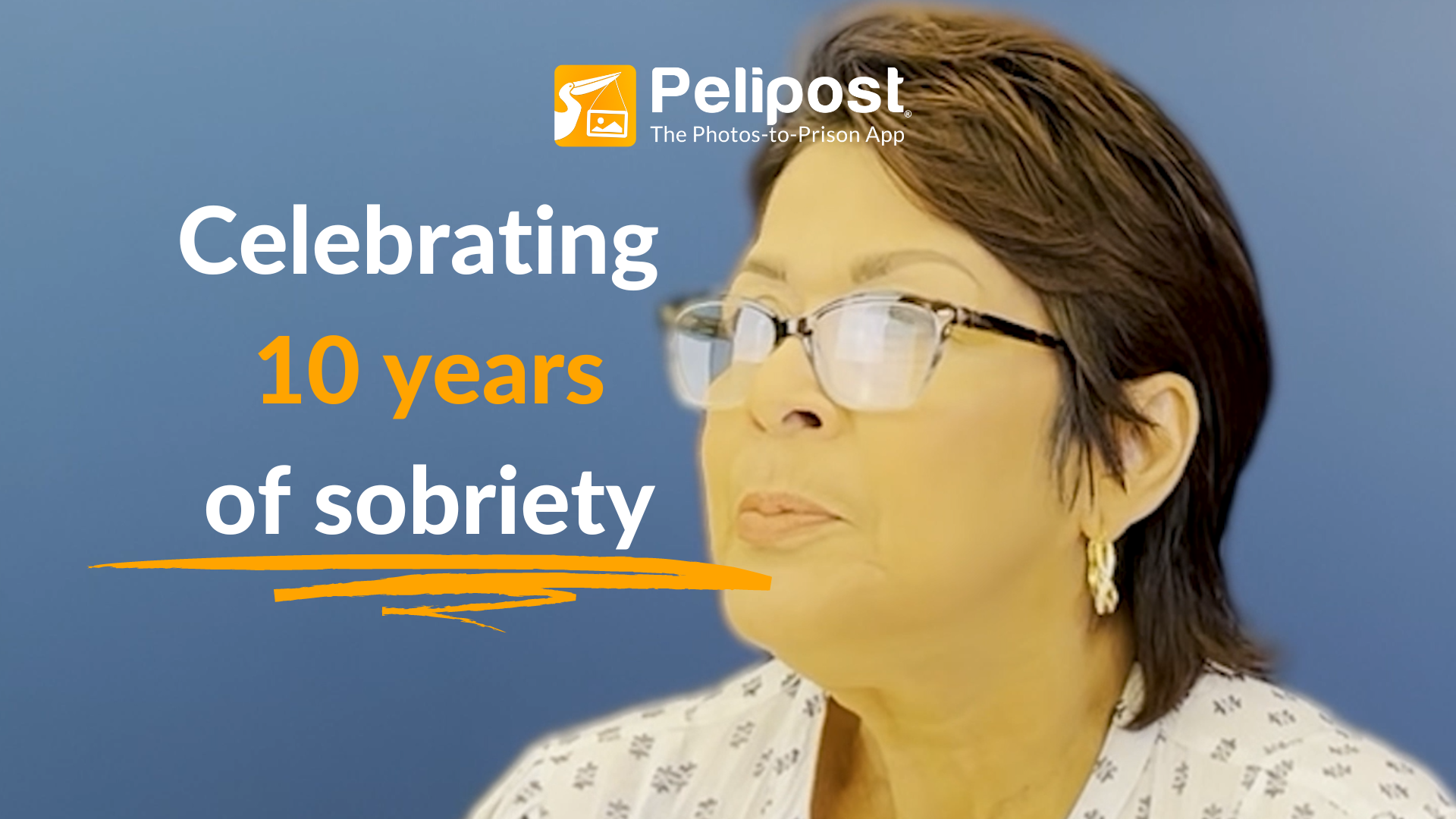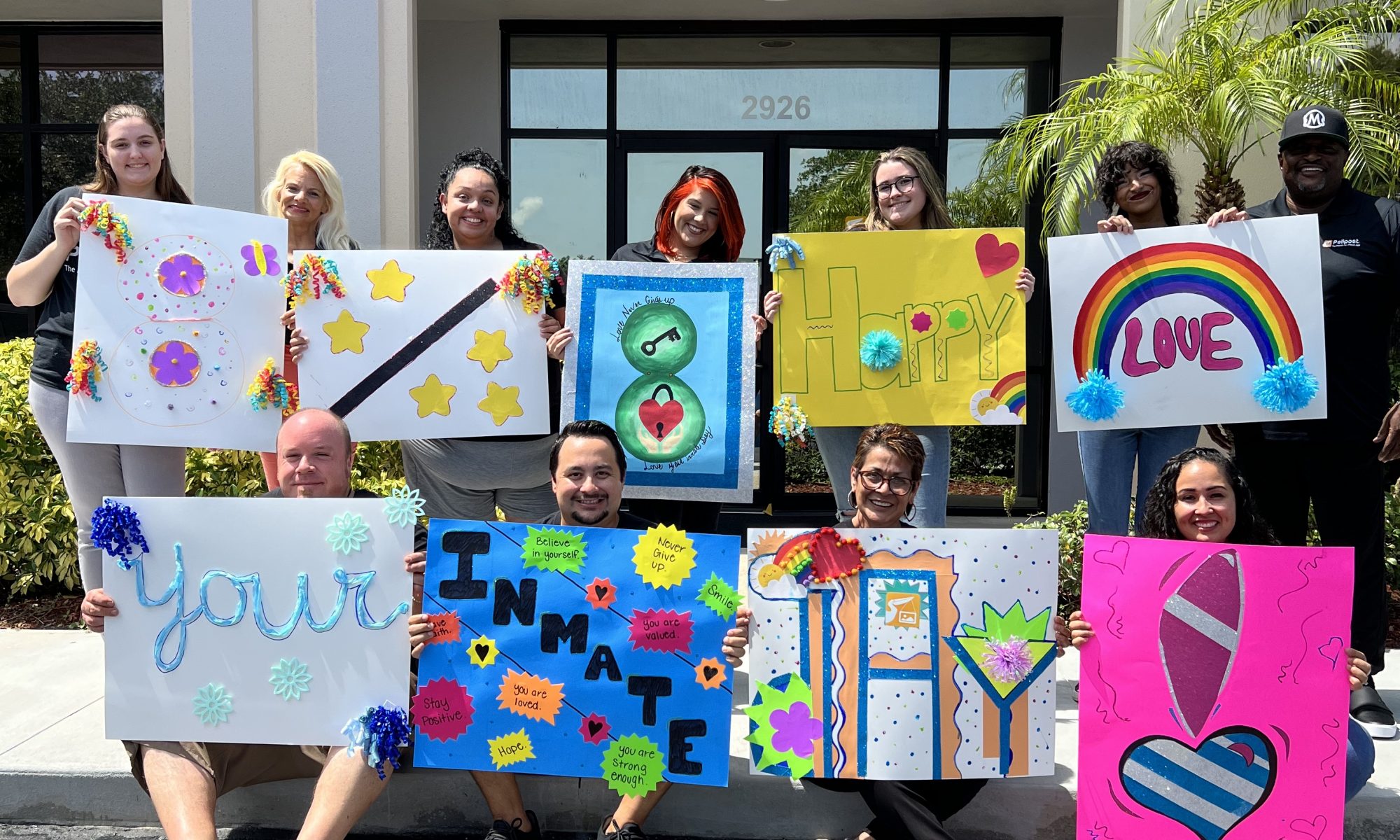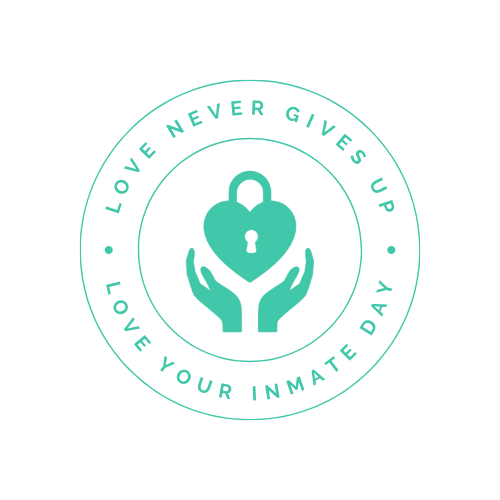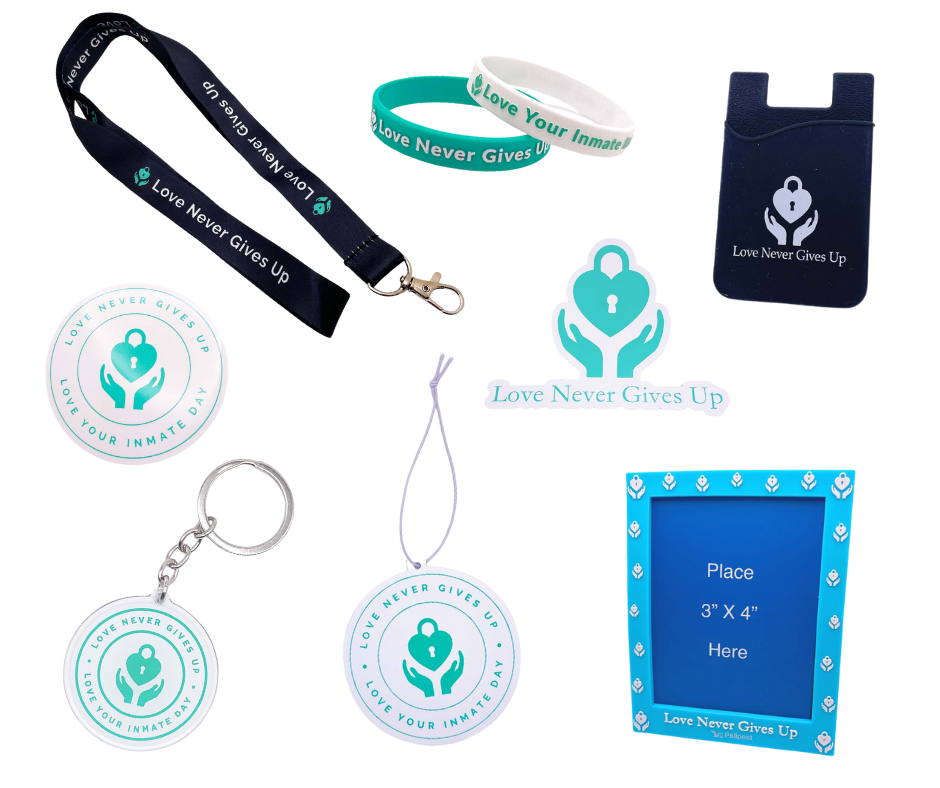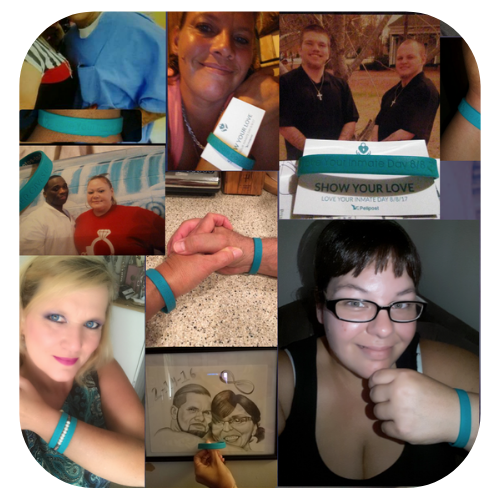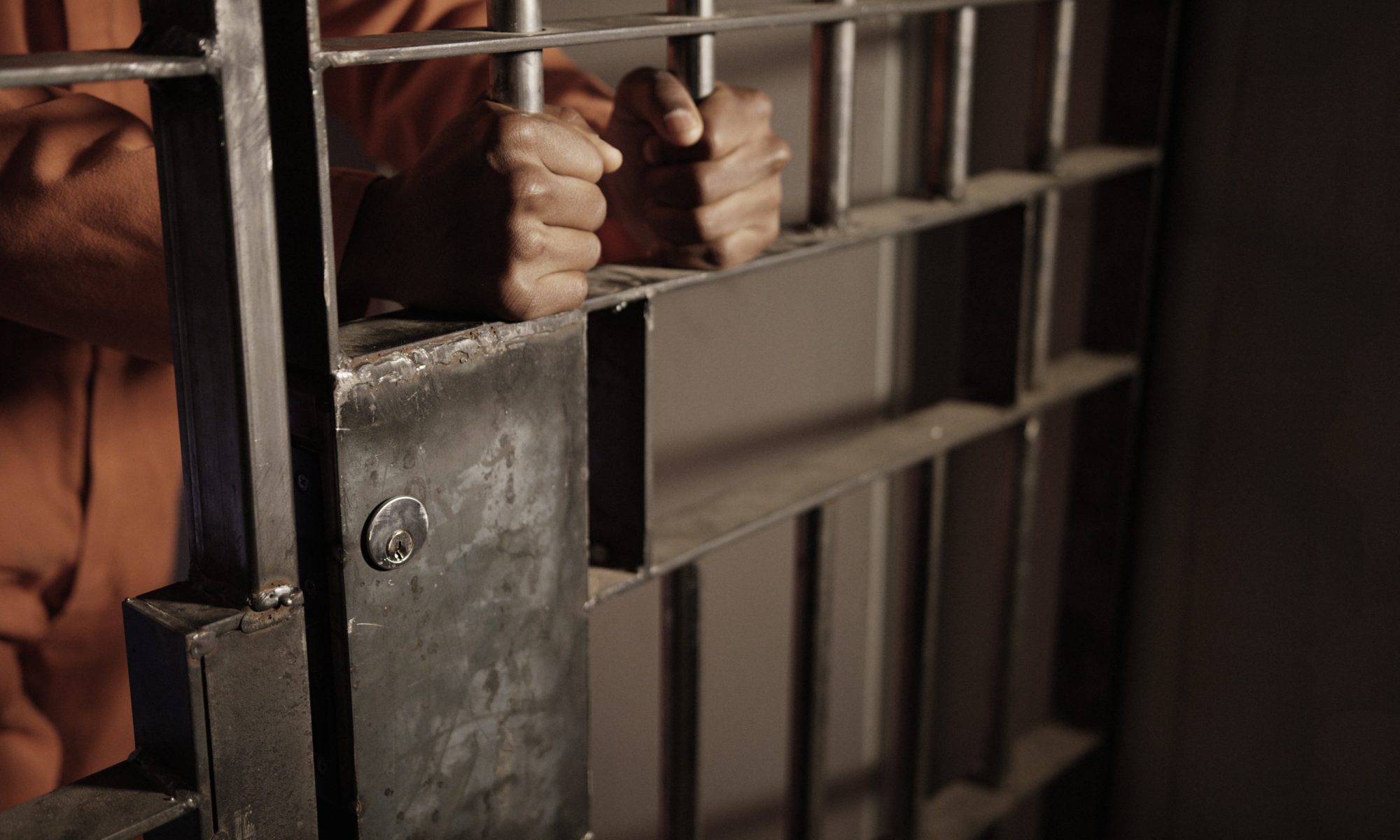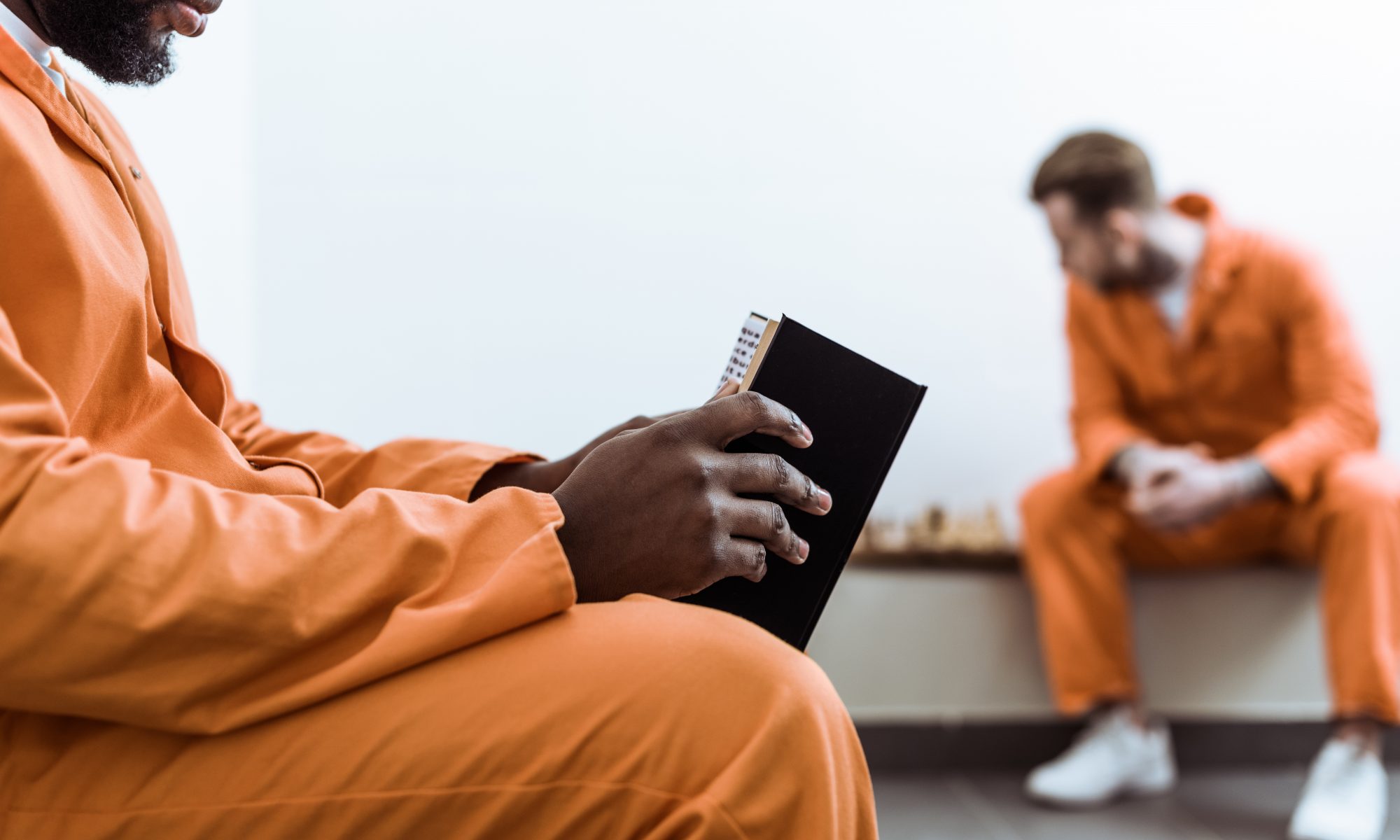You may be asking yourself, “What’s wrong with using the word inmate?”
Perhaps you found us by searching “send photos to inmates.” At Pelipost, we respect the experiences of both incarcerated people and their families. We have lived it ourselves from both sides. Our mission is to create a more compassionate and inclusive environment for families experiencing incarceration, whether by sending photos to prison or using people-first language when referring to someone who is incarcerated. The word “inmate” defines a person by one part of their life, and is loaded with stigma and dangerous implications. Our incarcerated loved ones and their families have told us that the word feels hurtful and dehumanizing. That’s why we want to remove the word “inmate” from our vocabulary.
Person-first language promotes respect and humanity for all
Person-first language is an important concept that prioritizes people’s identities over their circumstances or conditions. It acknowledges the humanity and dignity of individuals by using respectful language that emphasizes their personhood first and foremost. This approach is especially crucial when discussing individuals who have been impacted by the criminal justice system.
For families experiencing incarceration, using person-first language is particularly important as it helps to reduce stigma and promote empathy. Referring to a person as an “incarcerated loved one” instead of an “inmate” acknowledges that they are more than just their incarceration. It emphasizes the importance of maintaining relationships and connections with them. This language recognizes that they are a person first, and that their current circumstances are just one aspect of their identity.
Using person-first language is also a way to shift the focus away from punishment and towards rehabilitation and support. By using language that is respectful and empathetic, we can create a more understanding environment for families experiencing incarceration. It can help to reduce the shame and isolation that these families often experience. It can also encourage a more positive and hopeful outlook for the future.
Overall, person-first language is a powerful tool for promoting empathy, reducing stigma, and creating a more inclusive society. By choosing our words carefully, we can help to build a more supportive community.
What about Love Your Inmate Day?
We’re glad you asked. We’ve made the decision to change the name of our annual Love Your Inmate Day celebration to Global Incarcerated Loved One Day! We want to continue our efforts to prioritize person-first language in everything we do while including our Pelipost community all around the world. Global Incarcerated Loved One Day is still celebrated annually on August 8th.
The easiest way to celebrate Global Incarcerated Loved One Day is by sending photos to your incarcerated loved one through the Pelipost app. You can download the app for free at the Apple App Store or Google Play Store. You can also shop for gifts and show your support with our exclusive GILO Day merch at the Global Incarcerated Loved One Day online store. Part of the proceeds go toward supporting children of incarcerated parents through Pelipost’s Student of the Month Program. There are many different ways to celebrate your incarcerated loved ones this year.
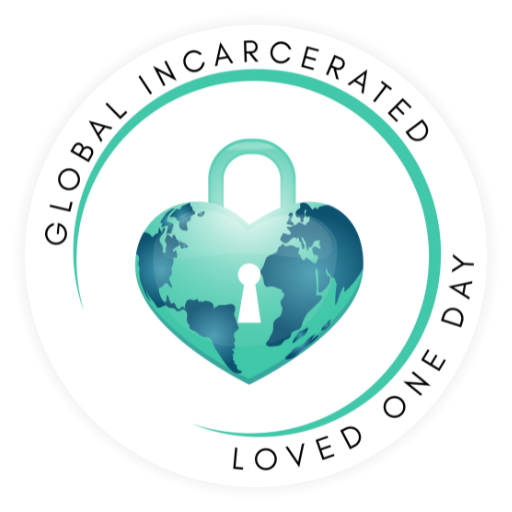
Why do I still see “inmate” being used on your website?
You may have noticed the use of the term “inmate” on our website. While we are committed to using person-first language, such as “incarcerated person” or “incarcerated loved one,” this can harm our search engine rankings and make it harder for people to find us. So if you see the term “inmate” in certain places on our site, we want you to know why. We are working to change this and hope you’ll join us in our mission to create a more compassionate and inclusive environment for families experiencing incarceration.


